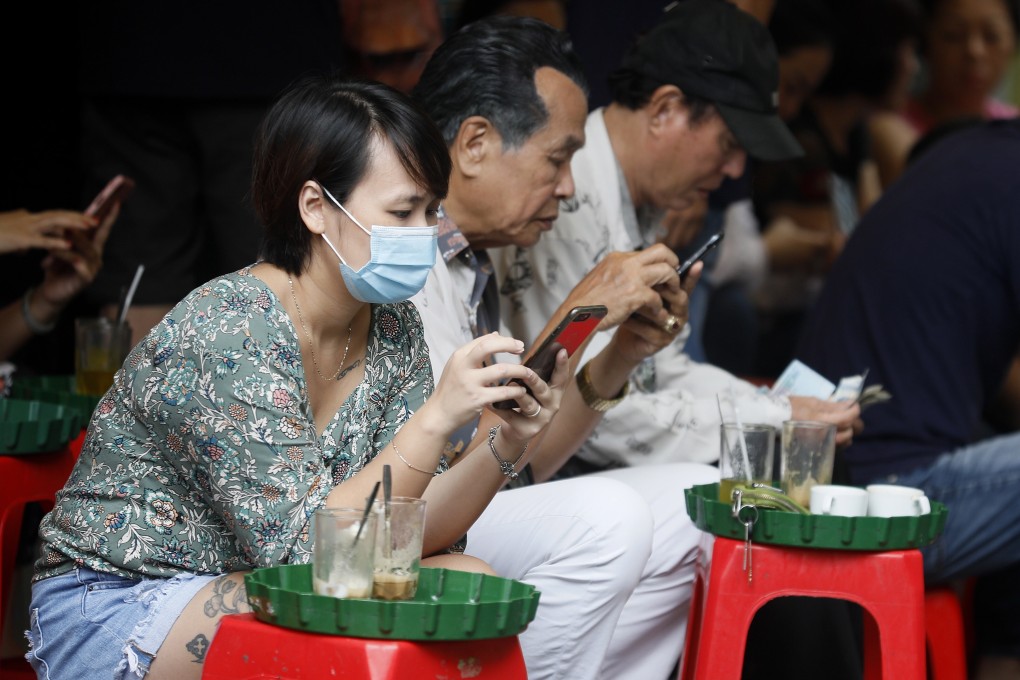Lessons from a Covid-19 year: wise leadership, of countries and companies, is about trust
- The success of New Zealand and Vietnam in containing the coronavirus pandemic shows that the richest countries aren’t necessarily the best at managing a crisis
- Amid the political turmoil and shortcomings of global governments, the private sector has, in many areas, risen to the occasion

Over the past year, the world has endured what appears to be a perfect storm. Events have included a global pandemic, racial intolerance, state-sponsored cyberterrorism, a stock market collapse (and recovery), and the ongoing battle with climate change.
In the back of everyone’s mind is the concern about the polarised state of American leadership. Never before have the “left” and “right” been so far apart – and so unwilling to compromise for the common good.
The noble ideals, so passionately held, eloquently articulated and wisely stewarded by George Washington, John Adams, Alexander Hamilton, Thomas Jefferson and Benjamin Franklin, have been compromised by a new political class of self-interested and intransigent ideologues. The principle that a house divided against itself cannot stand is one that brought America through its civil war in the 1860s.
Hence, the world is looking at America, home to the United Nations, the World Bank, the International Monetary Fund and countless other regional and international organisations, with great concern.
The pandemic has also laid bare the capabilities of governments around the world to manage a crisis. The initial response of the international and domestic agencies was underwhelming at best, and simply wrong at worst.
